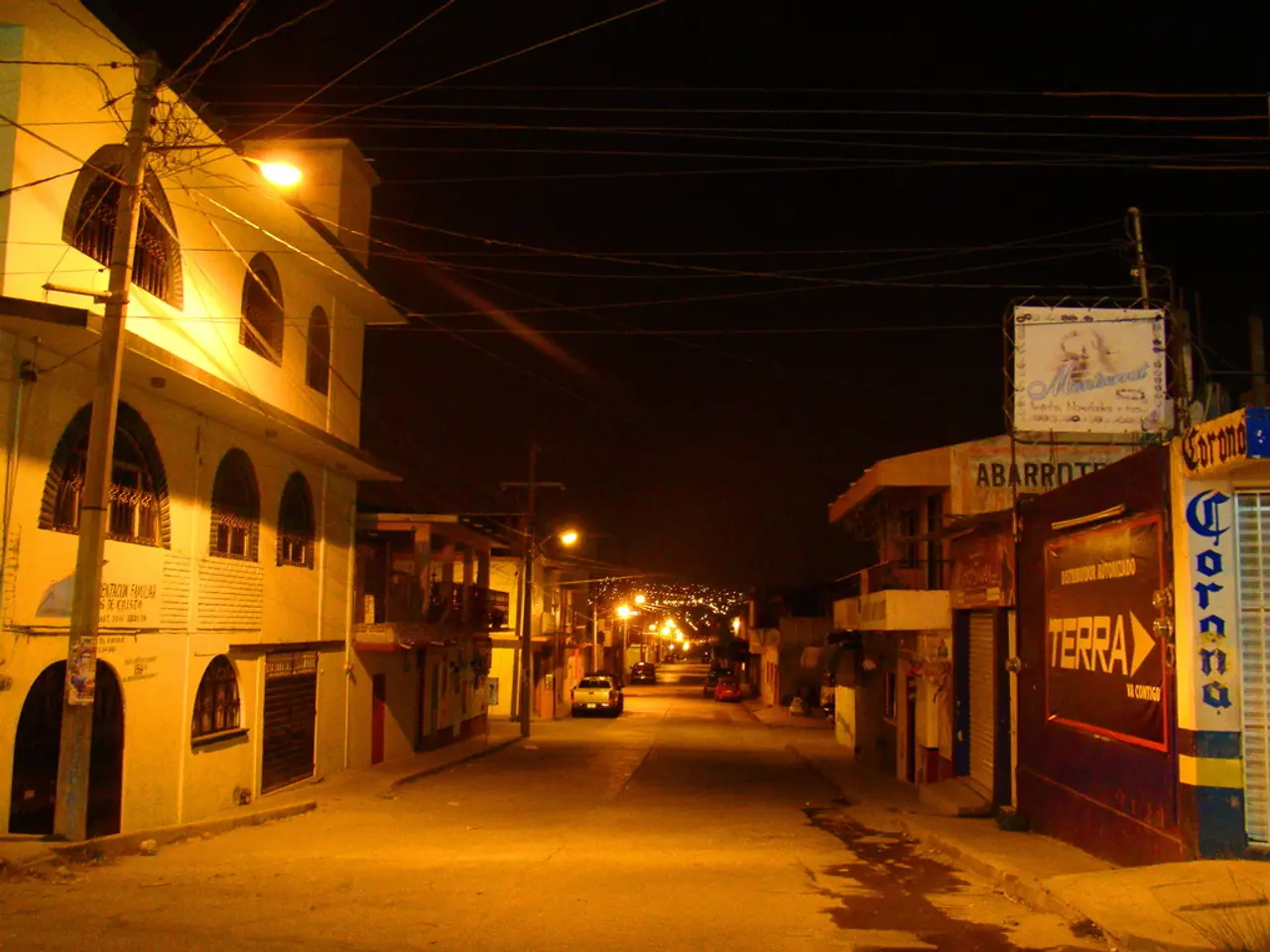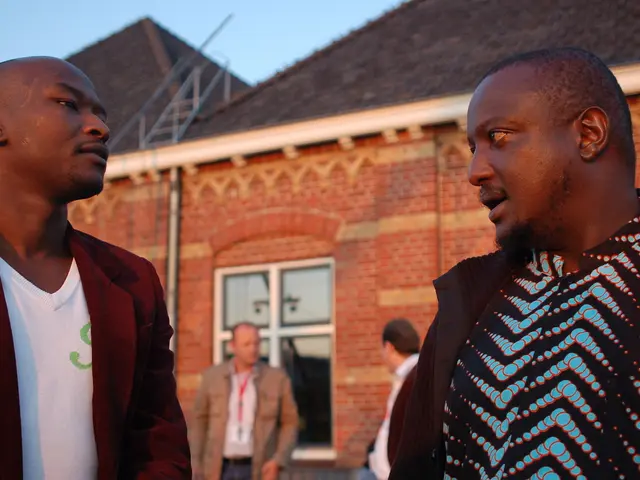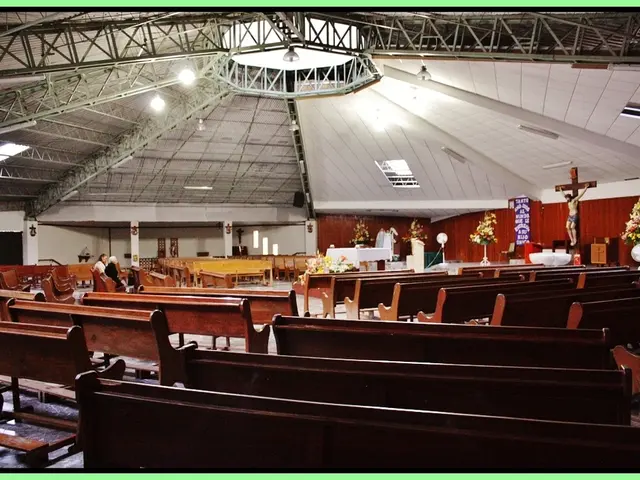Hamburg's electricity network trials bi-directional energy charging
Hamburg has been identified as a top location for businesses in the energy transition, according to a recent study. The city's commitment to renewable energy and sustainable practices is evident in the ongoing projects, such as the collaboration between Stromnetz Hamburg and Frankfurt Airport's operator, Fraport, in the ReSkaLa project.
The ReSkaLa project, funded by the Federal Ministry of Economic Affairs and Climate Action (BMWK) with around 5 million euros, aims to investigate the impacts of bidirectional charging processes. This innovative project focuses on developing a distributed and IT-secure network control system, an Energy Internet of Things platform, for active grid management in low-voltage grids. The project explores both economic and technical aspects, including climate-friendly, reliable, and affordable energy supply, AI and machine learning integration, and real-world testing of smart grid services.
Frankfurt Airport, under Fraport's operation, is set to introduce a further 600 electric vehicles to its fleet by 2026. These electric vehicles are expected to create a virtual large-scale storage system, absorbing and releasing varying amounts of power at any time to meet demand and supply. Around 90 bidirectional charging points are also set to be created on the airport grounds during the project.
Stromnetz Hamburg, the city's power grid operator, is investing 50 million euros in transformer station renewal. The IT backend (eRound) of Stromnetz Hamburg will be further developed to manage the electric mobility charging infrastructure and networks market partners, with a focus on integrating bidirectional charging.
The university partner supporting Stromnetz Hamburg in the ReSkaLa project is the Helmut Schmidt University in Hamburg. Stable network and supply security is a key aspect to be tested in the project.
For more information about Stromnetz Hamburg, visit stromnetz-hamburg.de. For details about Frankfurt Airport, visit fraport.com.
In summary, Hamburg and Frankfurt Airport are at the forefront of the energy transition, with innovative projects aimed at creating a sustainable, reliable, and affordable energy supply. The ReSkaLa project, a collaboration between Stromnetz Hamburg and Fraport, is a significant step towards achieving these goals, with a focus on bidirectional charging, AI and machine learning integration, and real-world testing of smart grid services.
Read also:
- Accident at Rodalben Results in Injuries; Geoskop Area near Kusel Affected After Stormy Weather
- Renowned chef Yoshinori Kinomoto showcases authentic Japanese flavors at Michelin-starred restaurant Zuicho located in Macau, allowing patrons a taste of Japan's culinary heritage.
- Eleven individuals succumbed to complications caused by coronavirus and pneumonia
- Latest Updates in Autonomous Vehicle Sphere: Qualcomm, BMW, Waymo, Carteav, AEye, Flasheye, Pony.ai, Mowasalat, Valeo, Momenta, and NHTSA under the spotlight








